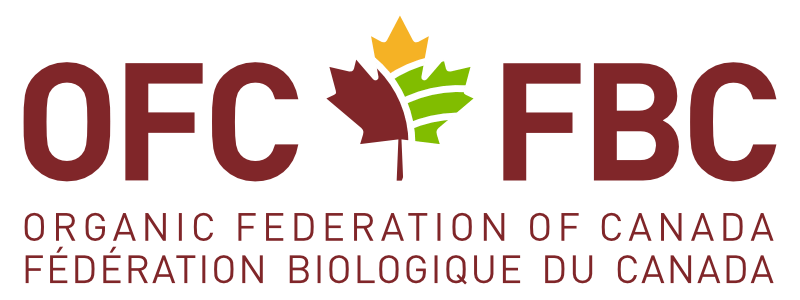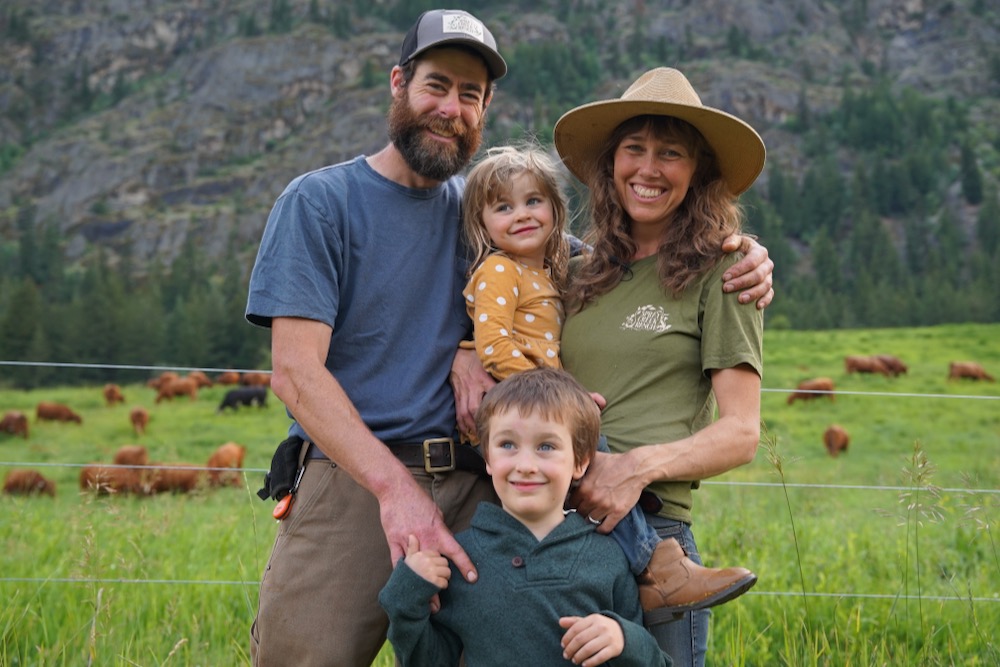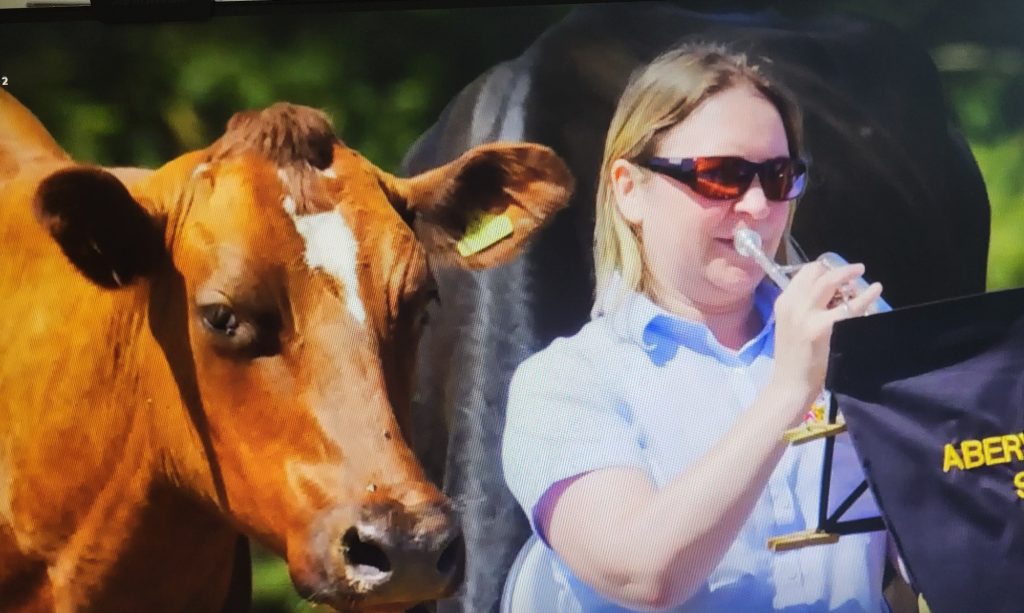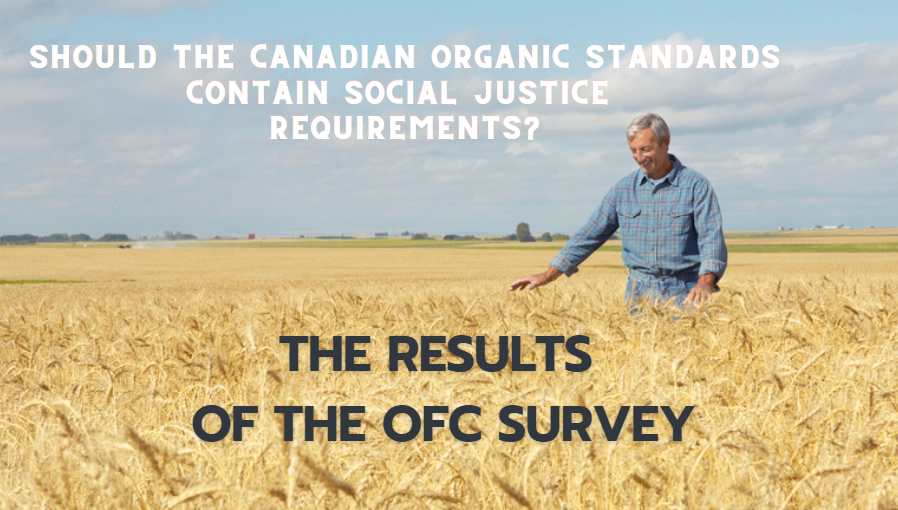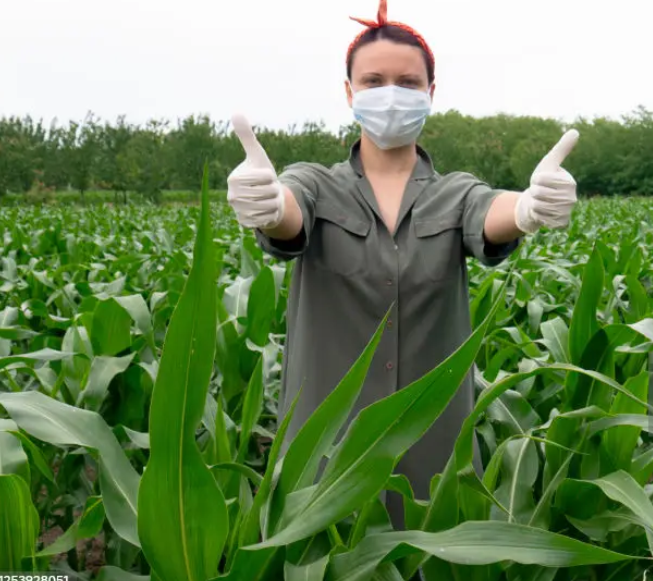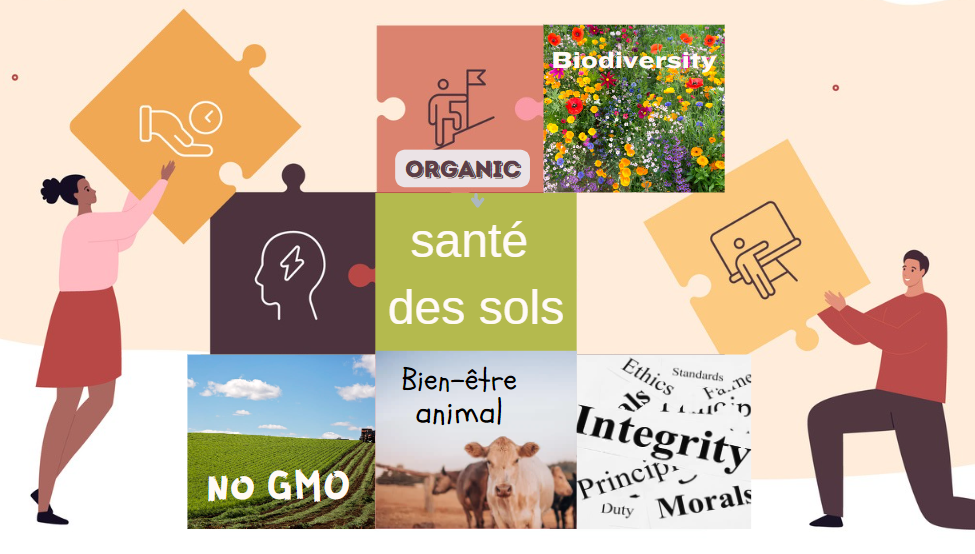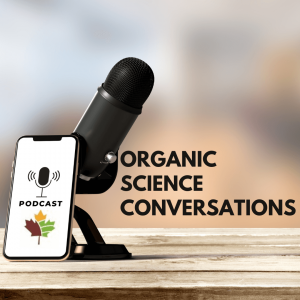
AAFC develops their Sustainable Agriculture Strategy
The publication of the Guelph Statement has generated enthusiasm within the organic sector: by placing the focus on sustainability, AAFC is clearly promoting the reduction of greenhouse gas emissions; the protection of soil, water and air quality; and the improvement of biodiversity. Protecting and enhancing plant and animal health and promoting animal welfare are also included in the resiliency objectives. However, given recent statements, it is confusing to know which measures will be put into place to apply the principles of the Guelph Statement.
Regarding the use of pesticides, Minister Bibeau declared on her visit to COP15 in Montreal in December 2022 that “… we need to do better, but we are not in the approach of decreasing the quantities [of pesticides], but more in the approach of optimizing the use”. But how can we maintain air, food and water quality while using the same quantity of pesticides?
Certified organic producers apply the Canadian Organic Standards that are referenced by the Safe Food for Canadian Regulations. The organic logo informs Canadian consumers and traders of the sustainability of the production system under which certified organic food is produced. The 2020 version of the COS will have to be reviewed by November 2025. Supervised by the Canadian General Standards Board, a government agency whose activities are based on a cost-recovery policy, the review is a complex process that needs to be funded. The OFC received funding from AAFC for the 2015 and 2020 reviews, but AAFC has since declared that they will not fund the review again as they consider that organic standards are a ‘private industry’ standard, not an issue of public interest. If not revised by November 2025, the COS will be archived by the CGSB.
Instead of discussing the urgent issue of funding of the COS review with our federal government, the organic industry is now participating in a series of virtual meetings with AAFC, Health Canada and the Canadian Food Inspection Agency to find a solution to the threat posed by the new directives on gene-edited seeds. Under the new Guidance on the Novelty Interpretation of Products of Plant Breeding, seed developers will be allowed to release new seed varieties to the market without declaring their genetically engineered status as long as the genetic modifications are considered ‘minor’ (i.e., not creating ‘novel’ traits such as pesticide resistance or including a gene segment from another species). Minister Bibeau confirmed in a news story that she was aware of the threat that the non-identification of gene-edited seeds poses on the organic farming sector, which prohibits the use of all products of, and materials from, genetic engineering(GE). Discussions are continuing between the organic industry and the government; the plan to create a comprehensive database of all genetically modified seeds is being considered, but the short time frame for these meetings is creating undue pressure not to make compromises that would be disastrous for organic producers. All GM seed must be inventoried to maintain the growth of Canadian organics; otherwise, what about the sustainability mandated by the Guelph Statement?
So, how is the Canadian government applying the sustainability promise of the Guelph Statement? How is organic agriculture positioned in the sustainability vision of AAFC?
There is an opportunity to bring organics back in the discussion.
The Industry Engagement Division of Agriculture and Agri-Food Canada has launched consultations to develop a Sustainable Agriculture Strategy (SAS) in collaboration with a diversity of partners.
Four virtual, regional focused roundtables for producers will be held:
- British Columbia, Alberta, Saskatchewan and Yukon – February 24th from 12- 3 PM ET. English with French interpretation. RSVP here.
- Manitoba, Ontario, Northwest Territories and Nunavut – March 10th from 12- 3 PM ET. English with French interpretation. RSVP here.
- Quebec, New Brunswick, Nova Scotia, Prince Edward Island, and Newfoundland and Labrador – March 20th from 12- 3 PM ET. English with French interpretation. RSVP here.
- National: March 24th from 12- 3 PM ET. French with English interpretation. RSVP here.
Feedback received through the virtual sessions will inform the development of the SAS and support the work of the SAS-advisory committee, co-chaired by AAFC and the Canadian Federation of Agriculture.
Your opinion matters! Organic agriculture promotes soil health, preserves air and water quality and enhances biodiversity.
The review of the Canadian Organic Standards needs to be funded and full traceability of all GE seeds need to be ensured.
Producer Associations and producer groups are also invited to send complete submissions through our Sustainable Agriculture Strategy email aafc.sas-sad.aac@agr.gc.ca. Public consultations run until March 31, 2023 and regional-producer outreach will continue throughout 2023 and beyond.

